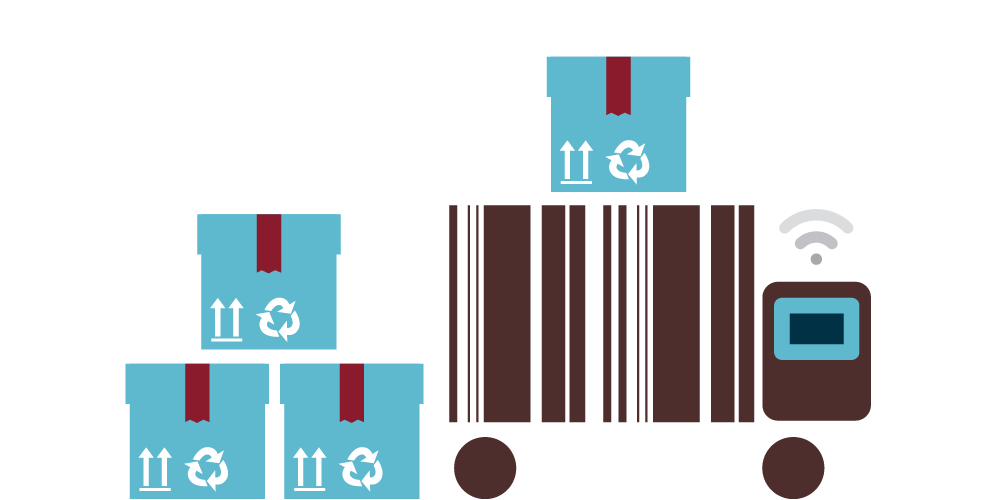Will blockchain drive the evolution of cognitive supply chains?
Published on 13th May 2019

Cognitive supply chains could help solve some of the challenges facing traditional supply chains: lack of transparency and uniformity; inability easily to track, monitor and investigate illegal or unethical practices; inefficiencies and low profit margins in moving products and delivering to customers; and extensive paperwork (bills of lading, invoices, delivery receipts).
One element of the solution, although by no means a universal silver bullet, would be the integration of blockchain.
The most valuable commodity and an integral part of implementing blockchain into the supply chain is good data, as is so often the case with logistics and technology. Historically, retailers and competitors have been reluctant to share data but that trend seems to be changing as industry players see the benefit of open systems and emerging technologies.
In that way, the challenge becomes less about finding the technology that solves the problems and more about making sure all parties in the supply chain are happy to share their data in a way that does not disadvantage them, while still being subject to the information-sharing constraints of competition law.As with any potential use case for blockchain, it will not solve every problem. Before investing in the technology, suppliers should take steps to understand whether blockchain is the right fit. First, they should consider whether a traditional database is enough to reach the goal suppliers are trying to attain. A database that is not constrained by some of the blockchain bells and whistles (notably immutability and cost) might suffice.
Next, suppliers should make sure that all participants are happy to share their data, and that the information stored on the blockchain will – effectively – remain on the system indefinitely. Privacy and cyber security aspects, including data access permissions, need to be thoroughly considered and addressed – who has access to what data will be a key issue. And the last, most critical, factor to be considered is whether the supplier is looking to disintermediate a third party and provide trust between the participants of the supply chain. Only when that is the case will a blockchain-based system add value.
Integrating blockchain into the supply chain has several benefits. It can help suppliers track products and thus reduce inefficiencies. The immutability of records on a blockchain should also help with auditing participants and facilitating much faster identification and rectification of supply chain issues, including product recalls.
Both retailers and suppliers would simply be able to consult the digital record of a particular product or batch to find the "weak link". By coupling those benefits with other technologies like AI and IoT, suppliers can further increase efficiency and reduce costs, including – significantly – warehousing.
Customer convenience, as well as responding to customer demand, is also a key objective for suppliers, and blockchain can deliver benefits here too. Recording each stage of a supply chain on a blockchain could allow customers to track, in almost real time, the status of their delivery.
Another advancement that blockchain can bring to the supply chain is via the use of smart contracts which offer a particular advantage in this context. The reliance on extensive paperwork is one of the biggest inefficiencies in this area. By coupling smart contracts with other technologies, like IoT and tracking tags, smart contracts could automate any number of individual processes. For example, delivery of shipments could be automatically tracked, and proofs of receipt and invoices automatically generated.
Payment delays could be reduced or eliminated by implementing smart contracts that facilitate automatic payment at an agreed time, e.g. on delivery of goods or receipt of invoice. Contractual performance requirements, such as temperature or humidity during transit, or other KPIs, could be automatically measured, recorded and verified.
Blockchain is not a one size fits all solution for modernising supply chains. However, when deployed to address specific challenges or inefficiencies within a supply chain, blockchain solutions can provide significant benefit and progression, and form a key role in the increasing digital transformation of supply chains.
This article was first published on Digital Supply Chain's website on 29 April 2019.


